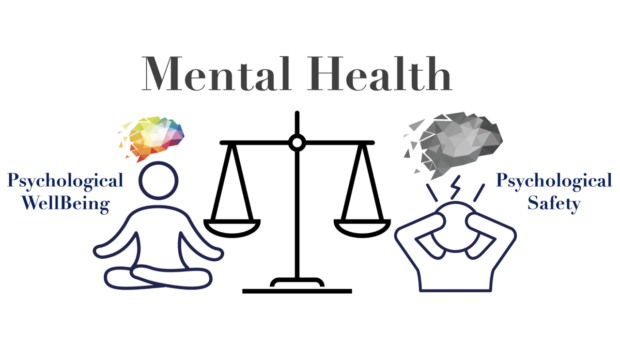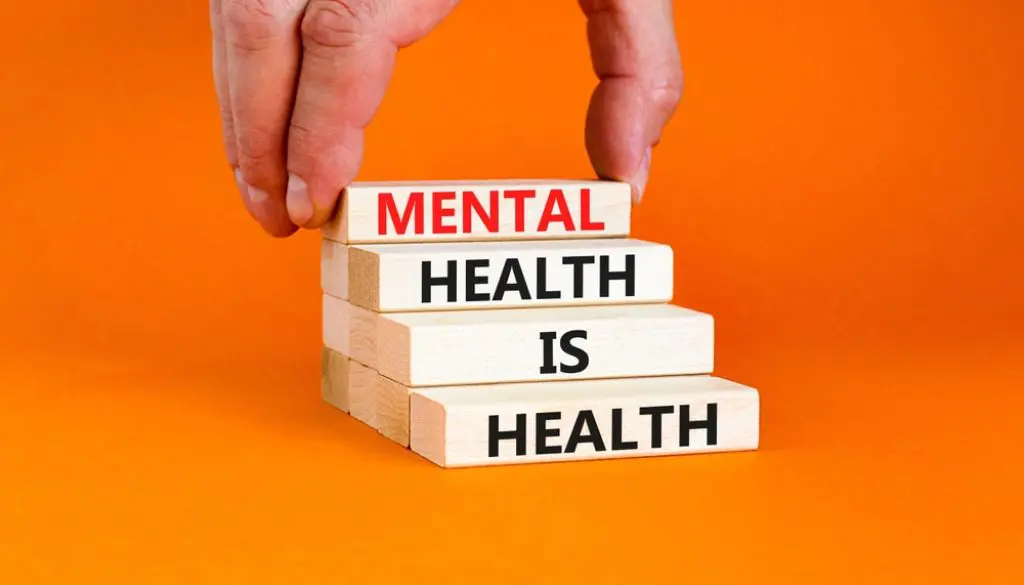Mental Health in the Workplace: Why Psychological Safety is Key to Employee Wellbeing”.In today’s fast-paced work environments, the importance of mental health is finally taking center stage. Employers worldwide are recognizing that employee wellbeing isn’t solely about physical health; psychological safety is just as crucial. It fosters a culture where employees feel valued, respected, and secure—key ingredients for sustained productivity and satisfaction.
Understanding Psychological Safety
Psychological safety refers to a workplace culture where employees feel confident expressing themselves without fear of judgment, ridicule, or retaliation. Coined by Harvard professor Amy Edmondson, the term underscores the necessity for employees to voice concerns, share ideas, and acknowledge mistakes without adverse repercussions.
“Psychological safety is the backbone of mental wellbeing in the workplace,” says Dr. Samantha Taylor, an organizational psychologist. “It ensures that people feel seen and heard, which is crucial for their overall mental health.”
The Link Between Psychological Safety and Mental Health
Workplace stress has reached an all-time high, with surveys indicating that a lack of support and fear of reprisal are major contributors. A psychologically safe environment mitigates these stressors by encouraging transparency and collaboration. When employees trust that their voices matter, they experience lower anxiety levels, increased morale, and improved mental health outcomes.
Conversely, workplaces that lack psychological safety often see spikes in burnout, absenteeism, and high turnover rates. According to a 2023 survey by the American Psychological Association, over 70% of employees reported that workplace stress affects their mental health, with many pointing to a culture of fear or exclusion as the root cause.
Strategies for Promoting Psychological Safety
Companies can implement several practices to prioritize psychological safety and enhance mental health support:
- Encourage Open Communication: Leaders should model vulnerability and actively listen to employee concerns. Regular check-ins and open forums can facilitate honest dialogue.
- Train Managers in Empathy: Managers play a pivotal role in shaping workplace culture. Training them to identify signs of stress and respond empathetically can create a more supportive environment.
- Provide Mental Health Resources: Access to employee assistance programs (EAPs), counseling services, and wellness initiatives signals a commitment to mental health.
- Celebrate Diversity and Inclusion: Employees who feel respected for their unique perspectives and identities are more likely to thrive.
- Normalize Discussions Around Mental Health: Breaking the stigma surrounding mental health issues helps employees feel comfortable seeking help.

Real-World Examples
Leading companies are already setting the standard. Tech giant Google fosters psychological safety through team-building exercises, open feedback channels, and a strong emphasis on diversity. Similarly, Starbucks has rolled out mental health training for managers, equipping them with tools to address employee wellbeing.
The Business Case for Psychological Safety
Investing in psychological safety doesn’t just benefit employees—it’s also good for business. Research from Deloitte shows that organizations with high psychological safety are 30% more likely to innovate and see a 20% increase in employee retention.
Moreover, fostering mental health and psychological safety can save costs associated with burnout and turnover. The World Health Organization estimates that depression and anxiety cost the global economy $1 trillion annually in lost productivity.
Conclusion
As conversations about mental health evolve, the role of psychological safety has become indispensable. It’s not just a buzzword—it’s a proven strategy for building resilient, engaged, and mentally healthy workplaces. For organizations aiming to thrive in the modern era, prioritizing psychological safety is not just an option; it’s a necessity.
By fostering an environment where employees feel safe, respected, and supported, companies can unlock their workforce’s full potential while ensuring mental health remains at the heart of their success.











